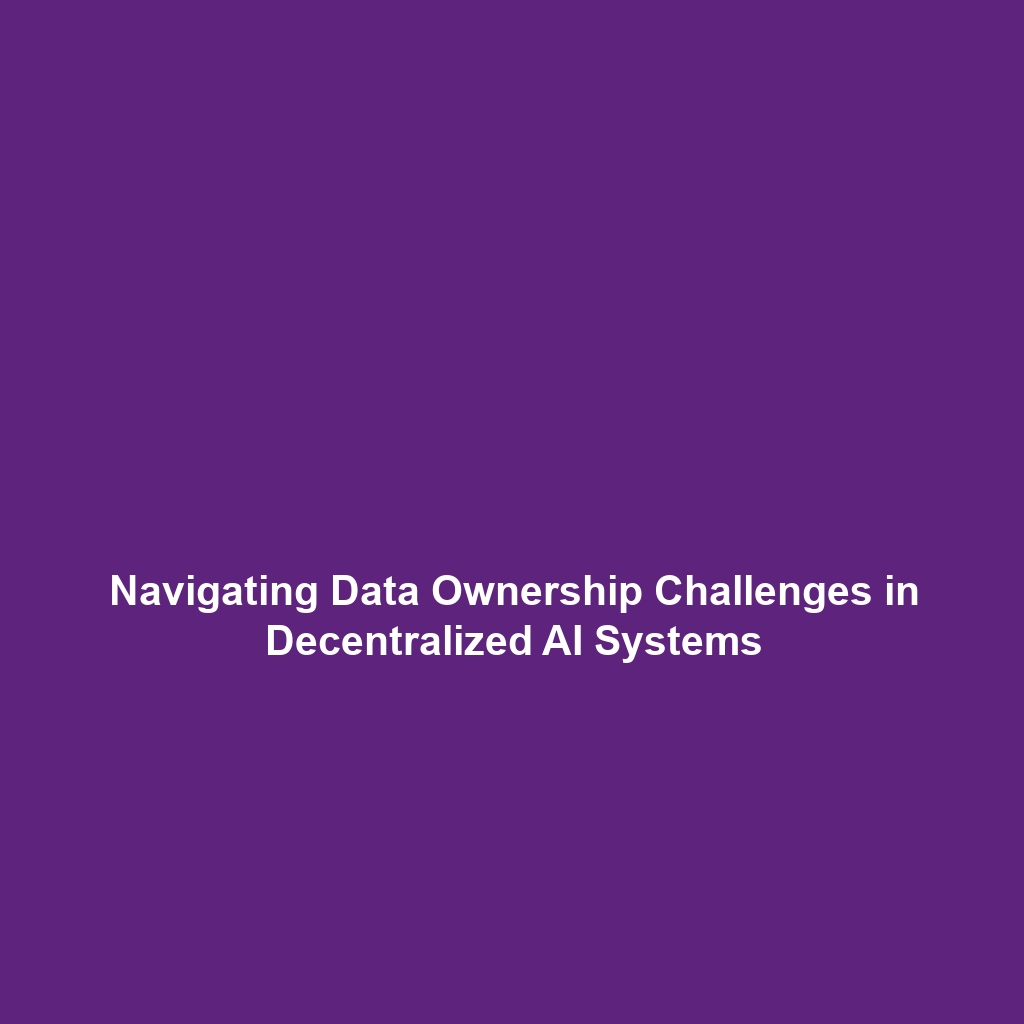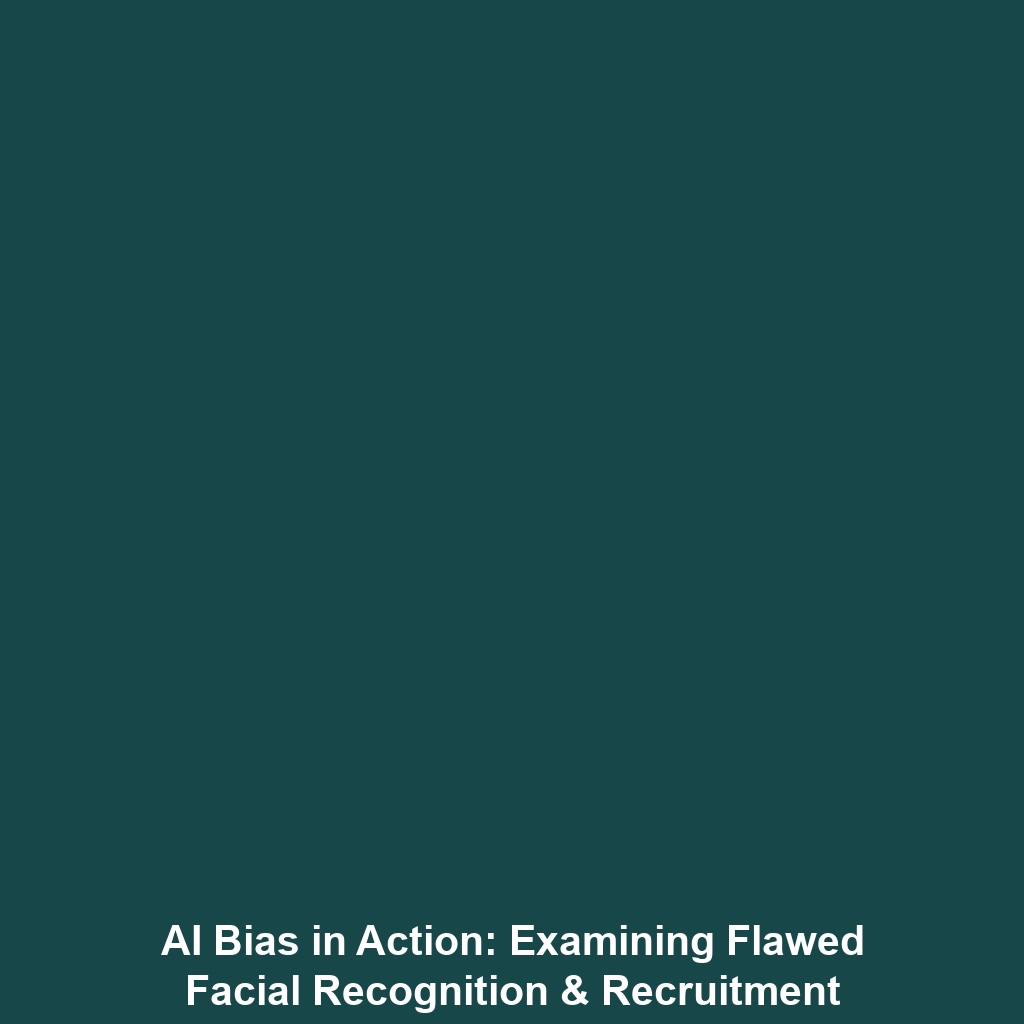AI in Genomics and Genetic Editing: Ethical Concerns in Precision Medicine
Introduction
Artificial Intelligence (AI) is revolutionizing the field of genomics and genetic editing, offering unprecedented precision in medicine. As we delve into the integration of AI technologies within genomics, significant ethical concerns arise that necessitate a thorough discussion. These concerns affect everything from privacy and consent to the potential consequences of genetic modifications. Understanding the ethical framework surrounding AI in genomics and genetic editing is critical, particularly within the broader context of AI Ethics, as we navigate the complexities of precision medicine.
Key Concepts
The ethical considerations in AI applications in genomics and genetic editing hinge on several key concepts:
- Informed Consent: The ethical principle that patients must be adequately informed about genetic testing and its implications.
- Privacy and Data Security: Protecting individual genetic information from unauthorized access and possible misuse.
- Equity and Access: Ensuring that advancements in precision medicine are accessible to all populations, regardless of socio-economic status.
- Implications of Genetic Editing: Understanding the long-term consequences and ethical ramifications of modifying human genes.
These principles are vital to maintaining an ethical approach to the application of AI technologies in genomics, ensuring that the advancements align with societal values and human rights, thereby fitting squarely within AI Ethics.
Applications and Real-World Uses
The integration of AI in genomics and genetic editing has led to multiple practical applications, which raise pertinent ethical discussions. Here are notable examples:
- Personalized Medicine: AI algorithms analyze genetic data to tailor medical treatments to individual patients.
- Genetic Disease Prediction: AI systems can identify genetic predispositions to diseases, informing preemptive healthcare strategies.
- CRISPR and AI: AI improves the accuracy of CRISPR technology, enabling targeted genetic modifications with increased precision.
These applications underscore how AI in genomics serves to enhance precision medicine, while simultaneously bringing ethical concerns to the forefront.
Current Challenges
Despite the promising potential of AI in genomics and genetic editing, several challenges must be addressed:
- Bias in AI Algorithms: AI systems may inadvertently perpetuate existing health disparities if trained on non-representative datasets.
- Regulation and Oversight: Lack of comprehensive guidelines for the ethical use of AI in genomics presents significant concerns.
- Public Distrust: Misinformation about AI and genetic editing can lead to public skepticism surrounding these technologies.
Addressing these challenges of AI in genomics is crucial to ensure ethical compliance within the domain of AI Ethics.
Future Research and Innovations
Looking ahead, several innovations and research directions indicate a promising future for AI in genomics:
- Next-Gen Sequencing Technologies: Advancements in sequencing technologies driven by AI are expected to yield faster and cheaper genomic analysis.
- AI-Enhanced Ethical Frameworks: Developing AI tools that assist in ethical decision-making in genomics will be critical as we move forward.
- Personalized Drug Development: AI may facilitate the discovery of new drugs tailored to individual genetic profiles, revolutionizing treatment approaches.
These breakthroughs will significantly impact the landscape of AI Ethics, pushing conversations on ethics and governance to the forefront.
Conclusion
In summary, the integration of AI in genomics and genetic editing presents a transformative opportunity for precision medicine, accompanied by ethical challenges that must be addressed. Understanding these ethical concerns is crucial in navigating the future of medicine and AI. As definitions and frameworks evolve, continued dialogue is necessary among stakeholders. For further reading on AI Ethics and its impact on healthcare, consider exploring additional resources and literature.


